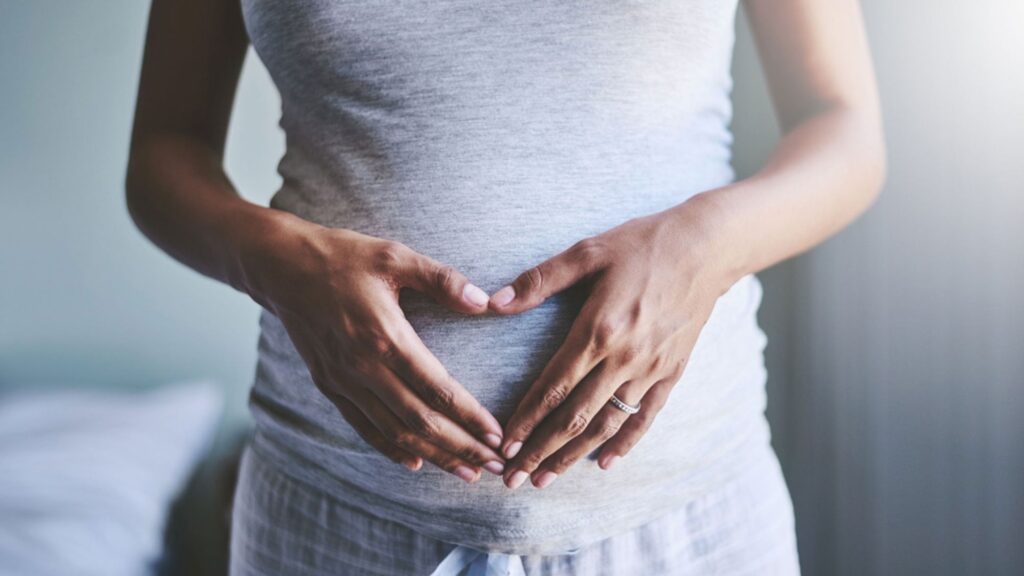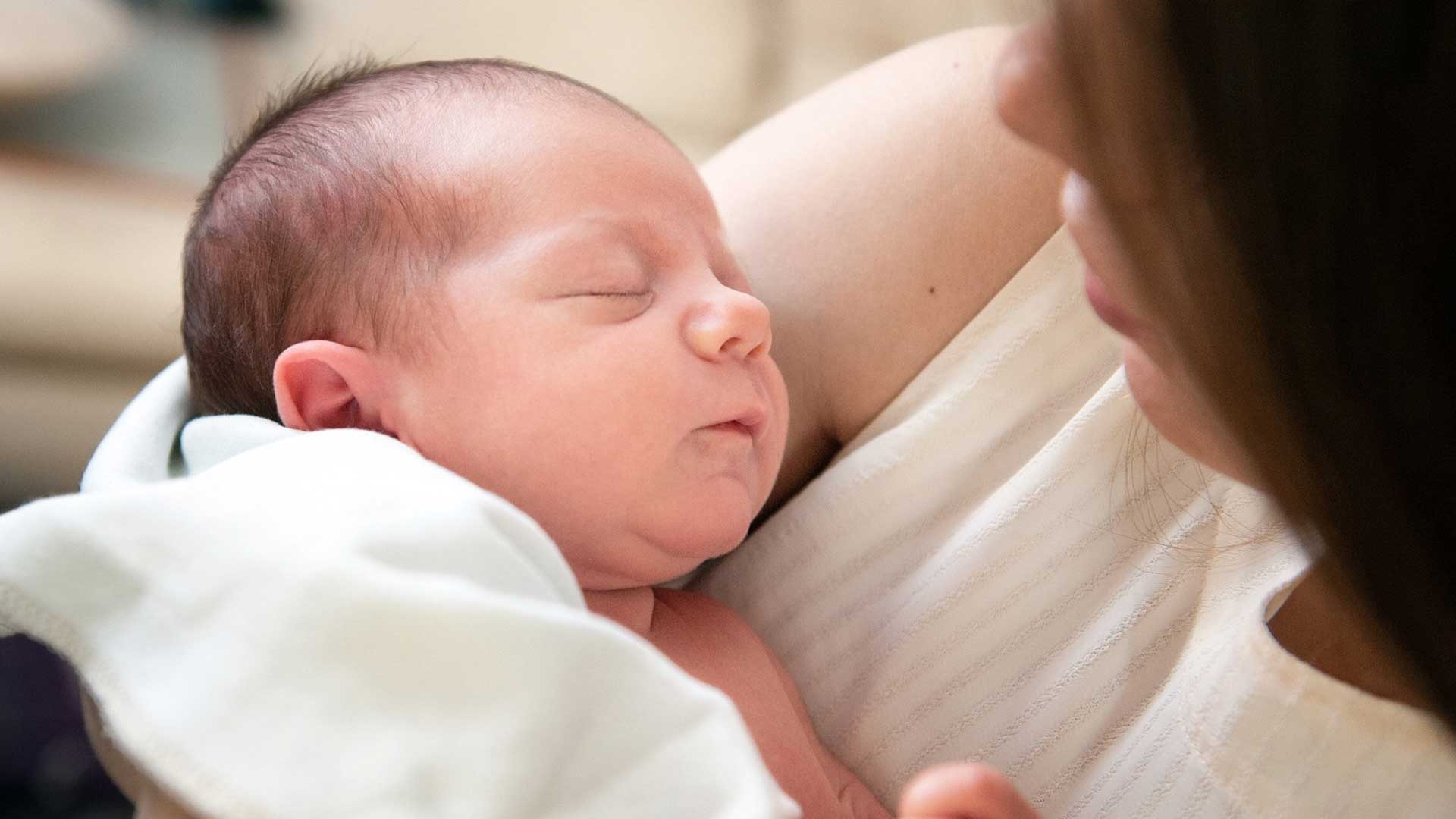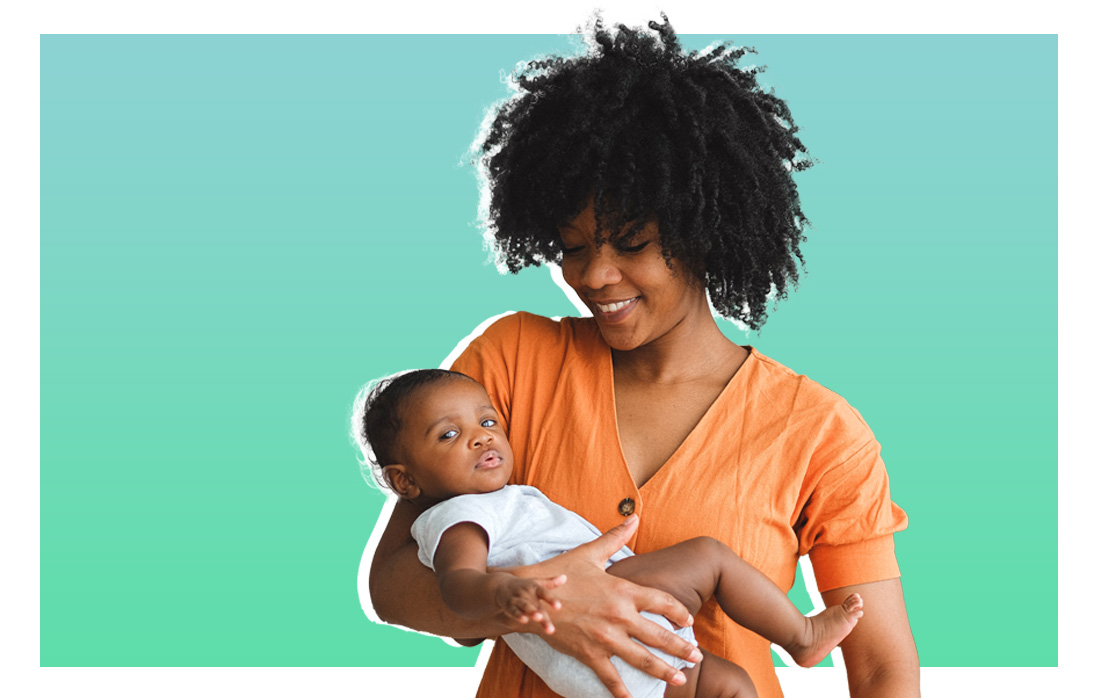
Giving birth in the U.S. is proving to be a seriously dangerous endeavor for some. It’s no secret that the United States ranks poorly when it comes to maternal mortality rates, and in recent years, the mortality rates have actually increased (1). Recent statistics from the CDC state that four out of five pregnancy-related deaths are actually preventable in the United States, ranging from severe bleeding to preeclampsia/eclampsia (2). And it’s leading medical providers and parents-to-be alike to ask the tough questions about why, and what can be done about it.
“We end up with women that are sicker that are getting pregnant,” says Dr. Ghada Bourjeily, professor of medicine at Brown University, in a recent podcast for the American Academy of Sleep Medicine (3). She says this is partially because women are able to get pregnant when they wouldn’t have previously been able to, and at older ages than before. “But there are also things that are not related to the person themselves, and they have to do with our system in general.”
In addition, Black women were nearly three times more likely than white women to die in pregnancy or postpartum periods, the CDC adds.
Among the reasons, and potential solutions, are improvements to sleep health, which pregnant moms might not realize can be so interrelated to pregnancy outcomes.
Maternal Deserts Lead to Poor Prenatal Care
In many counties across the nation, there are no obstetric hospitals available, leading many women to have to travel for obstetric care or not receive prenatal care at all. These “maternal deserts” can lead to poor outcomes for patients, and Bourjeily estimates that roughly 14-15 percent of babies are now born to women who haven’t received appropriate prenatal care.
“There are a lot of things that we need to do on a population level and from a policy standpoint in order to make sure that we improve access of all women to the right obstetric care so that they can deliver safely,” says Bourjeily.
Sleep May Have an Impact on Postpartum Outcomes
Bourjeily states that there are certainly things that can impact maternal mortality rates outside of policy, and sleep is one impact researchers are now further exploring.
“Sleep has been connected to some disorders that are linked to severe maternal morbidity and mortality,” states Bourjeily.
Sleep disorders, such as obstructive sleep apnea (OSA) have been linked to preeclampsia and gestational diabetes, often leading to higher rates of cesarean deliveries and increasing the risk of infection or bleeding for the mother. It also carries risks for the newborn.
“It’s hard to say that poor sleep is leading to these things but it’s probably contributing to them and sleep is a reversible thing, it’s something that we can modify,” says Bourjeily.
Screening Moms-to-Be For Sleep Disorders
While Bourjeily admits that the guidelines for screening pregnant patients for a sleep disorder aren’t entirely clear, women who are obese, have diabetes or a history of hypertension would be ideal candidates to screen. The timing of when to screen those patients, though, can be more difficult to know.
“If you screen them too early, you may miss out on some of the women that may develop sleep apnea later in pregnancy,” says Bourjeily.
But when it comes to treating preeclampsia, whether linked to OSA or other causes — earlier is typically better.
“Screening early [for preeclampsia] has the advantage of potentially being able to modify that biology but we could be missing out, especially in these women that are at high risk for sleep-disordered breathing who have obesity or have snoring,” continues Bourjeily. “There’s a big chunk of them that is still going to develop sleep apnea in pregnancy.”
Options to Screen at Home
For patients who find themselves concerned about a possible sleep disorder while pregnant, there are screening options available, including home sleep apnea testing (HSAT), which Bourjeily says can detect a good portion of women who have sleep apnea.
“I think they are an appropriate technology to use,” says Bourjeily. “And again, from a logistics standpoint, women of reproductive age may have younger children, they may not want to sleep another night or sleep a night outside of the home or something, and many, many of them prefer to have an in-home study compared to an in lab study.” So, making health screening options that can be potentially life saving a bit more accessible and convenient is a must.
Normal Pregnancy-Related Fatigue
When it comes to pregnancy, fatigue is a very real symptom for many women, especially as the pregnancy progresses. This can often make it easy to overlook a sleep problem, such as restless legs syndrome or OSA. For the 20 to 25 percent of women who have restless legs syndrome, there can often be a connection to hypertensive disorders.
“What I think we need to be careful of is not assuming that pathological things are just related to pregnancy,” continues Bourjeilly. “I think it’s definitely important to ask them about their sleep quality, like are they sleeping ok, do they have symptoms of insomnia, do they have snoring. I would love to urge women to participate in studies because this is how we learn more and this is how we can apply things into clinical care.”
As experts continue to pursue improvements for birthing moms, all eyes will be on advances in screening and intervention for sleep health alongside other solutions. Hopefully, the U.S. will soon move from one of the most dangerous developed countries to give birth in to one of the safest.

Babies Will Change Your Life, But Did You Know They Can Change Your Sleep Chronotpye, Too?

Guide to Postpartum Depression and Sleep: Tips for New Parents

How Sleep Apnea and Snoring During Pregnancy Might Affect Newborns’ Health: New Research

Poor Sleep in Babies Linked to Higher Risk for Obesity Later in Life
Sources
1. Hoyert, Donna L.; “Maternal Mortality Rates in the United States, 2021,” National Center for Health Statistics; https://www.cdc.gov/nchs/data/hestat/maternal-mortality/2021/maternal-mortality-rates-2021.htm; 2021.
2. Center for Disease Control and Prevention; “Four in 5 pregnancy-related deaths in the U.S. are preventable,” CDC; https://www.cdc.gov/media/releases/2022/p0919-pregnancy-related-deaths.html; September 19, 2022.
3. Bourjeily, Ghada; “Sleep as an Opportunity to Improve Maternal Mortality,” American Academy of Sleep Medicine; https://aasm.org/talking-sleep-sleep-as-an-opportunity-to-improve-maternal-mortality/; January 12, 2024.